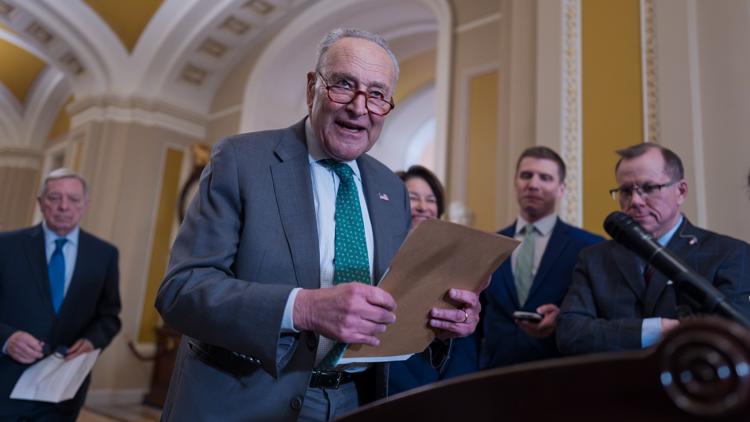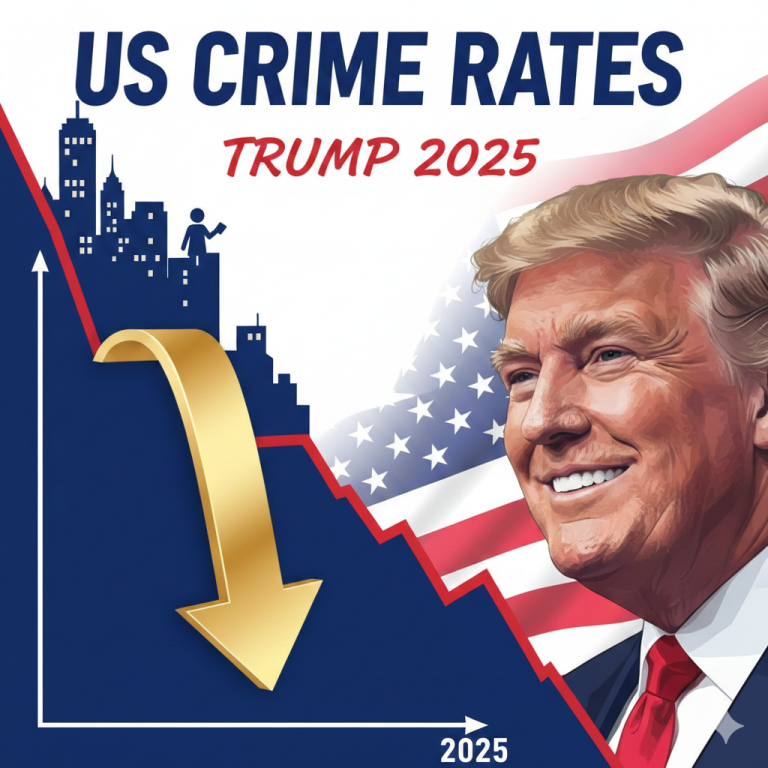
Washington, D.C. — Senate Democrats once again halted a Republican attempt to deliver immediate pay to federal employees caught in the middle of the ongoing government shutdown. Lawmakers on the left argued that the proposal would give the Trump administration too much freedom over how funds are distributed.
The Shutdown Fairness Act, introduced by Sen. Ron Johnson (R-Wis.), fell short in a 53–43 vote on Friday evening. The bill failed to meet the 60-vote threshold required to move forward. Only three Democrats sided with Republicans.
Johnson’s proposal aimed to retroactively compensate federal workers beginning October 1, the first day of the shutdown. After the bill stalled two weeks ago, Johnson expanded it to include furloughed employees and federal contractors, broadening its original scope, which only covered employees still working without pay.
GOP Defends Bill as Fair and Urgent
Ahead of the vote, Johnson pushed back against Democratic criticism, saying the measure was the only realistic way to get money flowing to affected workers.
“Some want to limit the administration’s authority — but that’s a bill that won’t get signed,” Johnson said. “If we want to stop punishing federal employees for Washington’s dysfunction and end using them as political pawns, we must act now.”
Earlier that day, Johnson sought unanimous consent to advance the bill quickly, but Sen. Gary Peters (D-Mich.) blocked it. Peters argued the proposal lacked clear restrictions preventing the administration from favoring certain agencies or misusing the funds.
“I appreciate Senator Johnson for including furloughed workers,” Peters said. “But the current language still leaves too much room for the administration to pick and choose who gets paid and when.”
Johnson fired back, insisting that the bill removed all discretion.
“Every worker is covered. There’s no favoritism or flexibility in payment. Claims to the contrary are completely false,” he stated.
Federal Workers Miss Second Paycheck
As the shutdown stretches on, hundreds of thousands of federal employees have missed a second paycheck. Many continue to work without compensation, while others remain furloughed with no income.
The Trump administration has shifted available funds to cover select groups, including military personnel, but most civilian employees continue to go unpaid.
Peters introduced an alternative proposal — the Military and Federal Employee Protection Act — similar to Johnson’s but with stronger limits on how funds can be used, ensuring that every dollar goes directly to employee paychecks.
After Peters blocked Johnson’s motion, Senate Majority Leader John Thune (R-S.D.) called for a procedural vote to move the Shutdown Fairness Act forward. That vote also failed later Friday night.
“I can’t understand how anyone could tell these workers they don’t deserve to be paid,” Thune said on the Senate floor.
Union Backs Republican Proposal
The American Federation of Government Employees (AFGE), the largest federal employee union, voiced support for Johnson’s bill. AFGE President Everett Kelley called it “a major improvement,” noting that it now includes both furloughed staff and federal contractors.
“Every missed paycheck pushes families deeper into financial hardship,” Kelley said. “By the time Congress finds a compromise, the damage will already be done — to their finances, credit, and well-being.”
The union also urged Congress to pass a clean continuing resolution to reopen the government immediately and resume normal pay for all workers.
White House Sparks Controversy Over Back Pay
While a 2019 law guarantees retroactive pay for both working and furloughed employees once a shutdown ends, the White House has recently questioned whether that protection applies automatically. Lawmakers and labor unions across both parties rejected that interpretation as legally unsound.
Earlier this week, Senate Minority Leader Chuck Schumer (D-N.Y.) made a new offer to reopen the government, but Republicans reportedly dismissed it as a “nonstarter,” according to Bloomberg.
The Senate plans to remain in session through the weekend — its first extended sitting since the shutdown began — while the House of Representatives remains adjourned.


